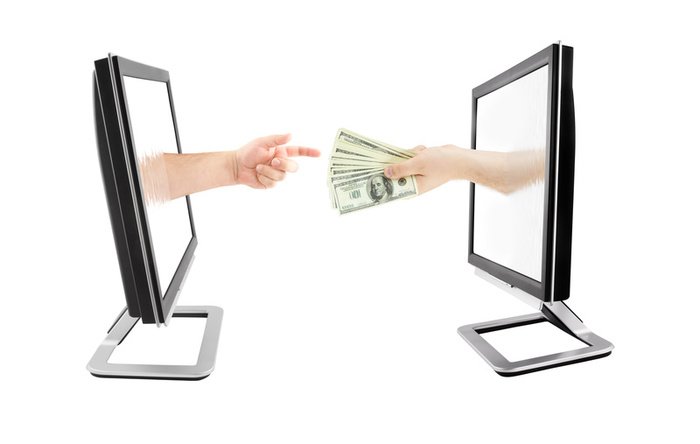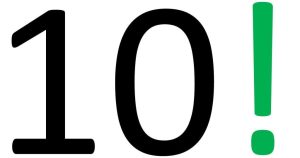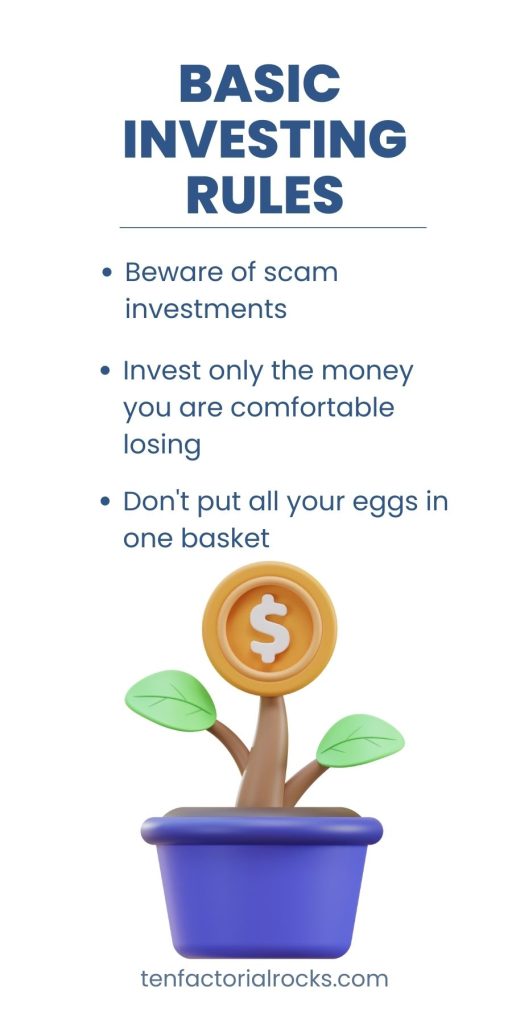Choosing a bank to save your money may sound easy but if you are not careful you are likely to pay fees for not maintaining a minimum balance and interest rates may also be different. Banks are not generous by offering high-interest rates and also have several restrictions which you will have to comply with if you decide to have an account with them. When trying to find the right bank for your personal savings it makes sense to shop around and ensure you are getting the best offer from the bank you've chosen.
If you have any questions in your mind about how to find the right bank for your personal savings you can consider some of the tips provided in this article because they will be helpful for you to set money aside for emergencies or even to manage unexpected expenses. We have also considered the fact that you may need an account with a bank which does not impose heavy charges on you because it could defeat the idea of savings in the first place.
[su_quote cite="Mary Kay Ash" class="cust-pagination"]Central banks don't have divine wisdom. They try to do the best analysis they can and must be prepared to stand or fall by the quality of that analysis. [/su_quote]
The right bank for personal savings should allow free automatic transfers

When you think about saving money one of the first objectives you must have in mind is to arrange for automatic transfers to your savings account from your checking account. You must ensure that the bank chosen by you should not charge any fees for the transfers. 16 of the largest banks are not charging any fees for the transfers while some of the smaller banks are giving you the option of free transfers for up to $25 every month. conduct your research properly and decide to deal with a bank that will not charge you any fees.
Mobile check deposits must be allowed by the right bank for personal savings
Mobile deposits were largely unknown in the past but they have now become common among 64% of the top 25 banks. Credit unions are also offering them to have simplicity with the deposit systems especially for people who are not close to the bank. This facility offers you the option of snapping a picture of the check on your mobile device and depositing it in your bank with the help of the downloadable mobile banking app.
Avoiding monthly fees is advised

Monthly fees that are charged by banks can vary from $2 to $5. If you are dealing with one such bank you could easily pay in the region of $24-$60 every year and the fees will be eating away any interest you may earn from the bank. One fee which will haunt you is charged for minimum balance requirements.
Most banks need you to have a minimum balance of at least 200 or $300 and will charge you fees if you are not able to maintain the minimum requirements. Banks are also known to charge fees for leaving your account inactive without making deposits or withdrawals and therefore should be concerned about these matters and decide to deal with a bank that will not charge you any fees.
Liquidity should be easy with the right bank for personal savings
You must understand you may be required to withdraw money in a hurry and should only be dealing with a bank which can offer you withdrawals from online transfers, ATM withdrawals or bank tellers. Federal regulations have limited withdrawals from savings account just to six every month and a fee of $10 will be charged if you exceed the limit. It will be essential for you to understand the limits imposed by the bank and especially the withdrawal policy because you wouldn't want to be burdened with unnecessary charges.
The right bank for your personal savings must also offer competitive interest rates
Regardless of the kind of money you are going to save in your savings account, you must inquire about the interest rates that the bank is willing to pay to you. Most banks are offering extremely low-interest rates which are indeed the norm in the market given the fact that interest rates are low. Therefore it makes sense for you to inquire and choose a bank which is offering the highest interest rates.
The right bank for your personal savings should also have deposit insurance
Federal deposit insurance is a requirement for any bank you are going to deal with. The insurance provides protection to your money to the extent of $250,000 and this is particularly helpful if the bank you have chosen fails for any reason. The insurance will ensure that the personal savings to invest in the bank are safe and free from any concerns.
Going through this discussion you may get the feeling that opening an account is a hassle but you are likely to face more trouble if you do not make the proper inquiries when trying to find the right bank for your personal savings.

